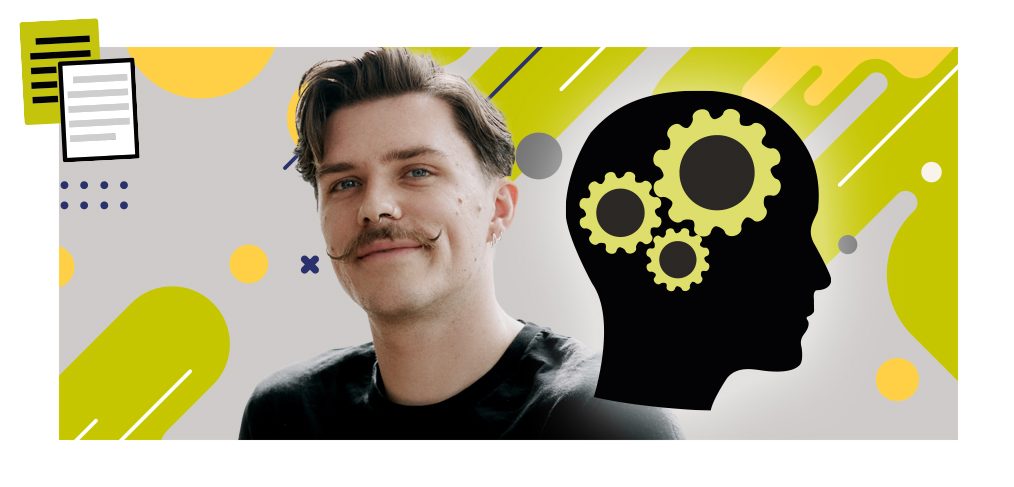
My advice on… Neurodiversity
We’re kicking off a brand-new Salon Smart HUB series this month called ‘My advice on…’, where we call upon an expert to share their knowledge, personal experience and guidance on a key topic. With Neurodiversity Celebration Week taking place in March (13-19), we asked Conor James Doyle, founder of Conor James Education, to share his insight.
What is neurodiversity?
Neurodiversity is a term coined by Judy Singer, an Australian sociologist, who was autistic. She realised that due to her autism, she was being treated lesser than, rather than differently, to her contemporaries.
Neurodiversity is the recognition and acknowledgement of the different skill sets an individual would have due to their cognitive and physical make-up. Brain function and behavioural traits make-up various neurodivergent conditions such as autism and attention deficit hyperactivity disorder (ADHD).
Neurodiversity refers to the different ways the brain can work and interpret information. The NHS Foundation Trust includes autism, ADHD, attention deficit disorder (ADD), dyslexia, dyscalculia and dyspraxia as examples of neurodiversity
Why is neurodiversity an important topic in the hairdressing industry?
It is important because, in my informal research polls surveying hairdressing professionals, a large percentage of people were in the process of, or identified with neurodiverse traits. I appreciate that awareness is still so muddled, misunderstood, and lost in the black hole of the self-diagnosed. It is, however, a crucial area of inclusivity and accessibility we are slow to implement.
It’s estimated 1 in 7 people (more than 15 per cent of people in the UK) are neurodivergent
How does neurodiversity shape the way a person thinks, learns and interacts?
I can only speak of my own experience. I have ADHD and I have traits that fall under the ASD (autism spectrum disorder). I struggle with non-visual communication, repetition, and formalised approaches to learning. I get anxious and stressed in environments that are overstimulated, so too bright, too loud and around big personalities. When my senses are put under pressure in a neurotypical environment it can be really stressful and make it hard to function on a day-to-day level.
What key challenges faced by someone with neurodiversity?
It depends on what their needs are, and what their specific cognitive or physical identity is, but a challenge for anyone is trying to function in an environment that doesn’t cater for anyone outside of a neurotypical mindset. Not feeling heard or understood, having your needs dismissed or your strengths not recognised or nurtured, can be a lonely place to live.
Are there particular key strengths associated with neurodivergence?
Strengths are unique to each individual but anyone that experiences any kind of diversity will always be able to offer a valuable, alternative, view or opinion based on their lived experience. Often neurodivergent people can present ideas, systems or thoughts that will be a little outside the box of typical thinking.
Problem solving, crisis management and creative thinking area few of the key skills associated with neurodivergence
Five ways you can be a more neuroinclusive employer
1. Read. Listen. Ask questions. Educate yourself on neurodiversity.
2. Create a safe space for your team, to communicate their needs.
3. Follow up on this and go through someone’s executive functions, work out what their strengths and weakness are, and develop a plan to cater to these.
4. Share the information and experience openly with team members and other business owners. Start the conversation.
5. Communicate your salon’s neurodiversity policies so that you attract a diverse team that understands and supports each other.
Further resources:
Unconventionally Organised
Neurodiversity in Business
Exceptional Individuals
